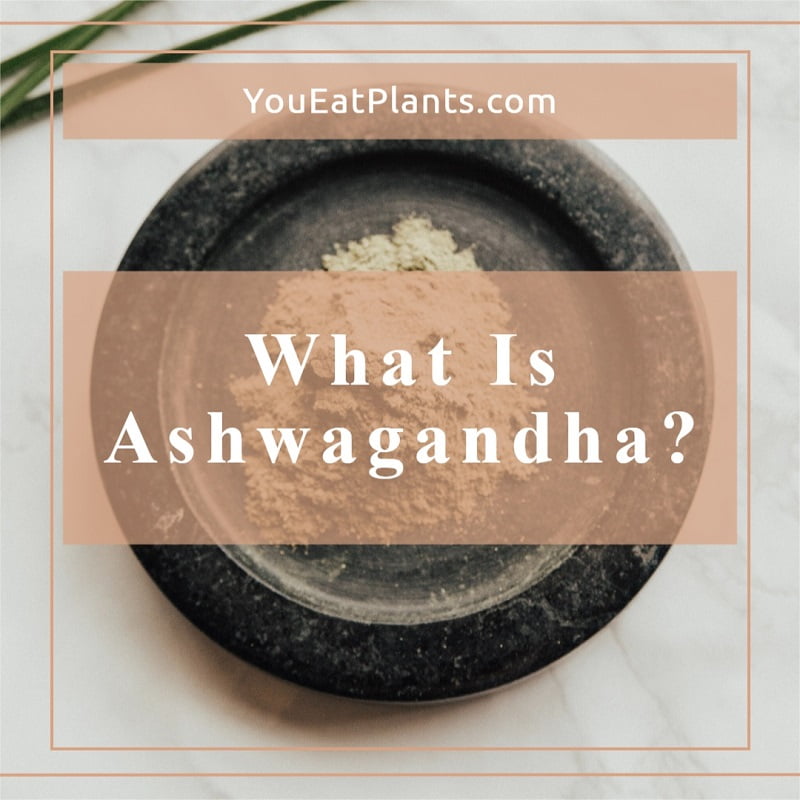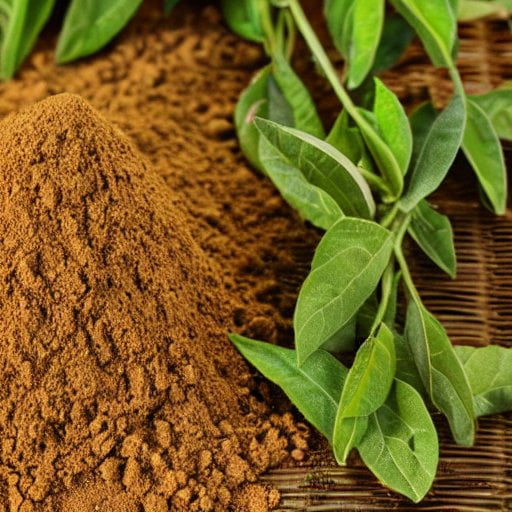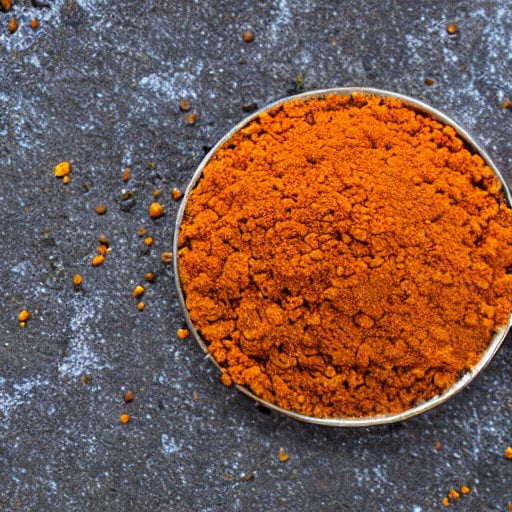
You may have heard of Ashwagandha recently due to the herb’s growing popularity. But you may be wondering what exactly Ashwagandha is, and we will explore that in this post.
Table of Contents
What is Ashwagandha Root?
Ashwagandha, often known as Indian ginseng, is a traditional Indian plant that is widely utilized in ayurvedic therapy. To be exact, it’s the root of the plant that is ground up and commonly used.

Ashwagandha is a herb that is native to India and Tibet. It has been used for thousands of years, but it has recently witnessed a significant increase in popularity as the understanding of its use and benefits develops. It is known for its medicinal benefits, especially in treating stress, anxiety, depression, insomnia, as well as general fatigue.

Ashwagandha is also known for its ability to support your immune system and prevent cancer growth. It also helps reduce inflammation, which can help with arthritis and other autoimmune diseases. It also helps reduce blood sugar levels, which can help with diabetes and obesity.
Ashwagandha is a popular herb that many people use to help them not just with their physical health but also with their mental health as well. It can be taken as an over-the-counter supplement or as part of a healthy diet.
History Of Ashwagandha
Ashwagandha has been used in Ayurvedic medicine. Ayurveda has a history that dates back about 3000 to 5000 years.

Although these herbs have been used in India for hundreds of years, the word adaptogen was developed much later, in 1947. The first studies on adaptogens begin in the late 1940s in the Soviet Union. And essentially, a Soviet researcher who was supported by the military was attempting to find a means to develop better soldiers, industry workers, and, eventually, cosmonauts.
What is Ashwagandha Used For?
Herbalists define adaptogens as herbs that assist and increase our body’s ability to respond to stress internally. That is what Ashwagandha does.

1) Ashwagandha is an Adaptogen
Ashwagandha is classified as an adaptogen. Plants and mushrooms known as adaptogens assist your body in adjusting to stress, anxiety, exhaustion, and general well-being. They are characterized as having distinct qualities that aid the body’s adaptation to stress.
The answer is in the name, but it applies to any stressor to your body, not simply stress as we usually think of it. These may be biological, chemical, or physical in nature.

And adaptogens are thought to function by restoring the body’s balance. Adaptogens have a broad non-specific effect and affect several physiological systems at the same time.
According to herbalists, Ashwagandha and other adaptogens act by targeting the hypothalamus pituitary adrenal axis, also known as the HPA. This is our body’s stress management control board.
It basically acts as if you’re going to be stressed, and it’s similar to a stress vaccine. That is exactly what adaptogens do for us. They’re basically saying, “Stress is coming,” so get ready.
So in essence, Ashwagandha as an adaptogen is helping us to deal with stress, and that is its main function.
2) Reducing Stress and Anxiety
Because its an adaptogen, one of the most common uses of Ashwagandha is to reduce stress and anxiety. Studies have shown that Ashwagandha can reduce cortisol levels, which is the hormone that the body produces in response to stress. Ashwagandha is believed to have a calming effect on the nervous system, which can help to reduce feelings of anxiety and promote relaxation.
3) Improving Brain Function
Ashwagandha has been shown to have a positive effect on brain function. Studies have shown that it can improve memory and cognitive function in both healthy individuals and those with cognitive impairment. Ashwagandha is believed to promote the growth of new brain cells, which can help to improve overall brain function.
4) Reducing Inflammation
Ashwagandha has been shown to have anti-inflammatory properties. Inflammation is a natural response of the body to injury or infection, but chronic inflammation can contribute to the development of many diseases. Ashwagandha can help to reduce inflammation and promote overall health.
5) Boosting Immune System Function
Ashwagandha has been shown to have immunomodulatory effects, which means that it can help to regulate the immune system. Studies have shown that Ashwagandha can boost the production of immune cells and improve immune system function.
6) Improving Physical Performance
Ashwagandha has been shown to have a positive effect on physical performance. Studies have shown that it can increase muscle mass, strength, and endurance. Ashwagandha is believed to work by reducing muscle damage and promoting muscle repair and growth.
7) Improving Sexual Function
Ashwagandha has been used traditionally as an aphrodisiac, and studies have shown that it can improve sexual function in both men and women. Ashwagandha is believed to work by improving blood flow to the genitals and increasing testosterone levels.
8) Managing Diabetes
Ashwagandha has been shown to have hypoglycemic effects, which means that it can help to lower blood sugar levels. Studies have shown that Ashwagandha can improve insulin sensitivity and reduce blood sugar levels in people with type 2 diabetes.
When it comes to using Ashwagandha, there are several forms available, including capsules, powders, and teas. Ashwagandha can be consumed on its own or mixed with other herbs or supplements. It is important to note that Ashwagandha can interact with certain medications, so it is always a good idea to speak with your healthcare provider before incorporating it into your diet.
Final Thoughts
In conclusion, Ashwagandha is an herb that has been used in traditional Ayurvedic medicine for thousands of years. It has numerous health benefits, including reducing stress and anxiety, improving brain function, reducing inflammation, boosting immune system function, improving physical performance, improving sexual function, and managing diabetes.
Ashwagandha can be consumed in several forms and can be a great addition to a well-balanced diet. As with any supplement or herb, it is important to speak with your healthcare provider before incorporating Ashwagandha into your diet.
Lance has been passionate about the plant-based diet and we have been following a whole food plant-based diet for over 5 years. We focus on health, natural healing, weight management, animal rights, and the health of the planet and environment by focusing on whole plant-based foods and sustainable practices.
Learn more at the About Me page and follow on social media at the links below.


